Student shares his experiences as a Special Forces Sniper in the U.S Army
April 2, 2014
Before becoming a student at Sacramento State, 31- year-old Aaron Sleichter was a Special Forces Sniper in the United States Army.
Unsure of what to do with his future, the attacks on Sept. 11, 2001 influenced his decision to enroll in the army.
“I was from upstate New York, so the attacks really affected me and my friends,” Sleichter said. “They were excited I decided to do it and wanted me to get Osama Bin Laden for them.”
Sleichter started doing research on which military branch to join. He said he did not know what his career path was going to be, but knew it had to be in combat where he felt he could make a difference.
“I had absolutely no intention of going to college,” Sleichter said. “I was angry and felt it was my duty to go and serve.”
Originally, Sleichter wanted to be an Army Ranger, but after hearing about the Special Forces program, he thought it would be a good challenge for him.
The Special Forces program, also known as the Green Berets, are one of the first to enter combat. Sleichter’s mother Edie Schmitt had mixed feelings about his decision to join such a dangerous unit.
“[Sleichter] had my full support, but I thought he was nuts!” Schmitt said. “I knew he was well trained, but I was nervous the entire time until he came home.”
Both of Schmitt’s daughters married military men and her own father served in WWII. However, even with a family of military backgrounds, she said Sleichter showed no interest in joining before 9/11.
“I should have expected this since all the guys in our family are military men” Schmitt said. “It just felt different having my own son put himself in harms way, especially since the potential to go to combat was much greater at that time.”
In November 2002 Sleichter began training in Fort Benning, Ga. and was permanently stationed in Fort Brag, N.C.. He was later deployed to Afghanistan, Colombia, Honduras, and other countries throughout South America.
“I was part of a 12-man operational detachment team, Alpha,” Sleichter said. “I was a trained sniper on my detachment and was responsible for training the team up at the range in tactics and our weapon systems.”
In Afghanistan, Sleichter trained soldiers to operate as a functioning army unit to combat Taliban terrorist and also assisted the Afghanistan troops during missions.
“In some missions, there were firefights that lasted for a few minutes and some that lasted for hours,” Sleichter said. “Some people were wounded, but luckily I did not lose anyone I fought with.”
His wife Amber Sleichter said it was hard reading about other soldiers who passed away during battles.
“Reading those emails from the family readiness groups was the hardest part besides being so far apart,” Amber Sleichter said. “I would hope I would not see his name, and then wondered if he knew any of the ones who were on the list.”
One of Sleichter’s closest meetings with death was during a firefight in
Afghanistan towards the end of his time in the Army. He said a bomb destroyed half of the village he was in, and he only had bushes and twigs for cover, while finding position on a tree log.
“It seemed preposterous that we were in this position towards the end of my deployment,” Sleichter said. “But like the other times my life was in danger, I just laughed it off and kept returning fire.”
In November 2008, Sleichter got out of the military. For the next three years, he worked as a government contractor administering tactical training to Navy Explosive Ordinance Disposal technicians.
However, the job meant being away from his wife. Sleichter decided to enroll in school to be closer to his wife and use some of his VA benefits.
“I got interested in wanting to learn more about the motivations of political actors,” Sleichter said. “I wanted to understand why I was being used the way I was being used.”
Sleichter is now a government major and is considering a career in politics after he graduates.
































































































































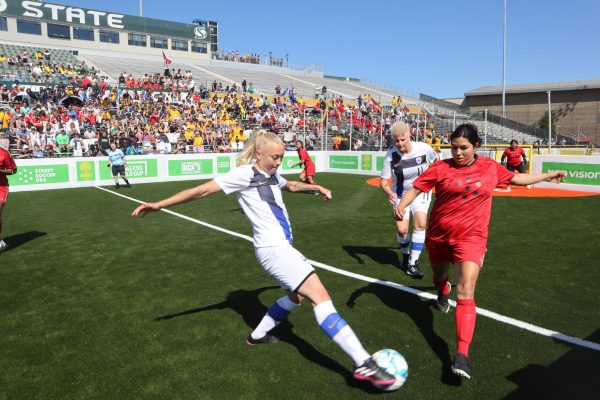
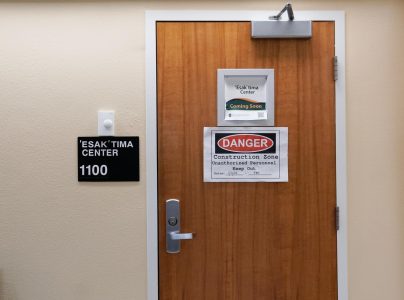
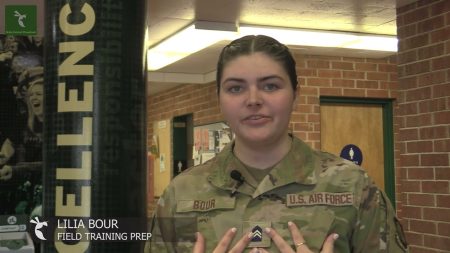
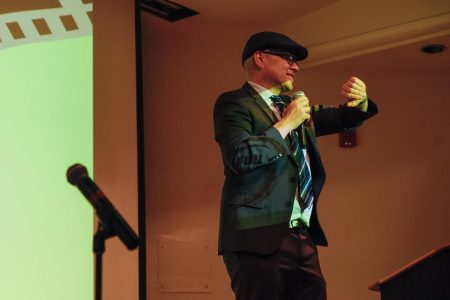

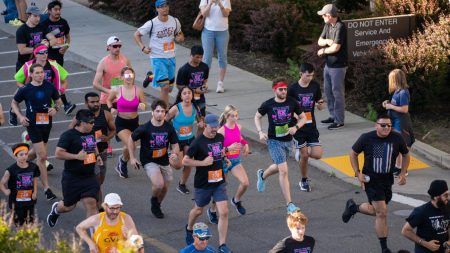

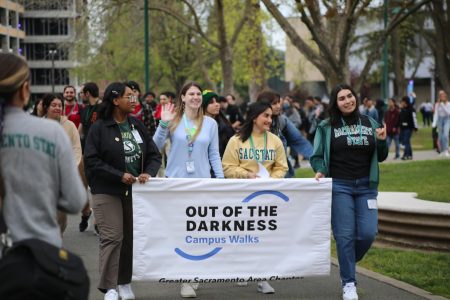
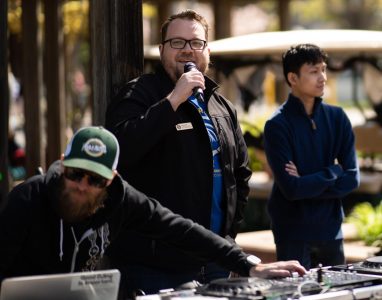

Douglas Merz, LCDR, USN, Retired • Jun 16, 2017 at 1:16 pm
Aaron, thank you for the outstanding service you provided our country by your service with the U.S. Army and as a contractor training US Navy EOD personnel. Like you and members of your family, my brothers and I served, but in the U.S. Navy, our father in the Army during WW II, and our paternal grandfather and one of his brothers, also served in the Army, but during WW I. Service to our country is an obligation we all have felt. It was extremely gratifying to me to read your story, especially since I, too, was raised in New York State and have recently discovered during my genealogical research that your grandfather Frederick R. is my 4th cousin, making you my 4th cousin 2x removed.
I have traced both of our (Frederick’s and my) lineages back to our mutual ancestor, our 3x great-grandparents, Nicolaus Schneider and Catharina Suess from Worms, Rheinland-Pfalz, Deutschland. Their daughter, Maria Ursula, married Johannes R., your 4x great-grandparents. Their son Nikolaus R. had a son named Christoph R. who was your ancestor (and Frederick R.’s grandfather) who emigrated to the USA. Maria Ursula was an older sister of my 2x great-grandfather Johann Schneider.